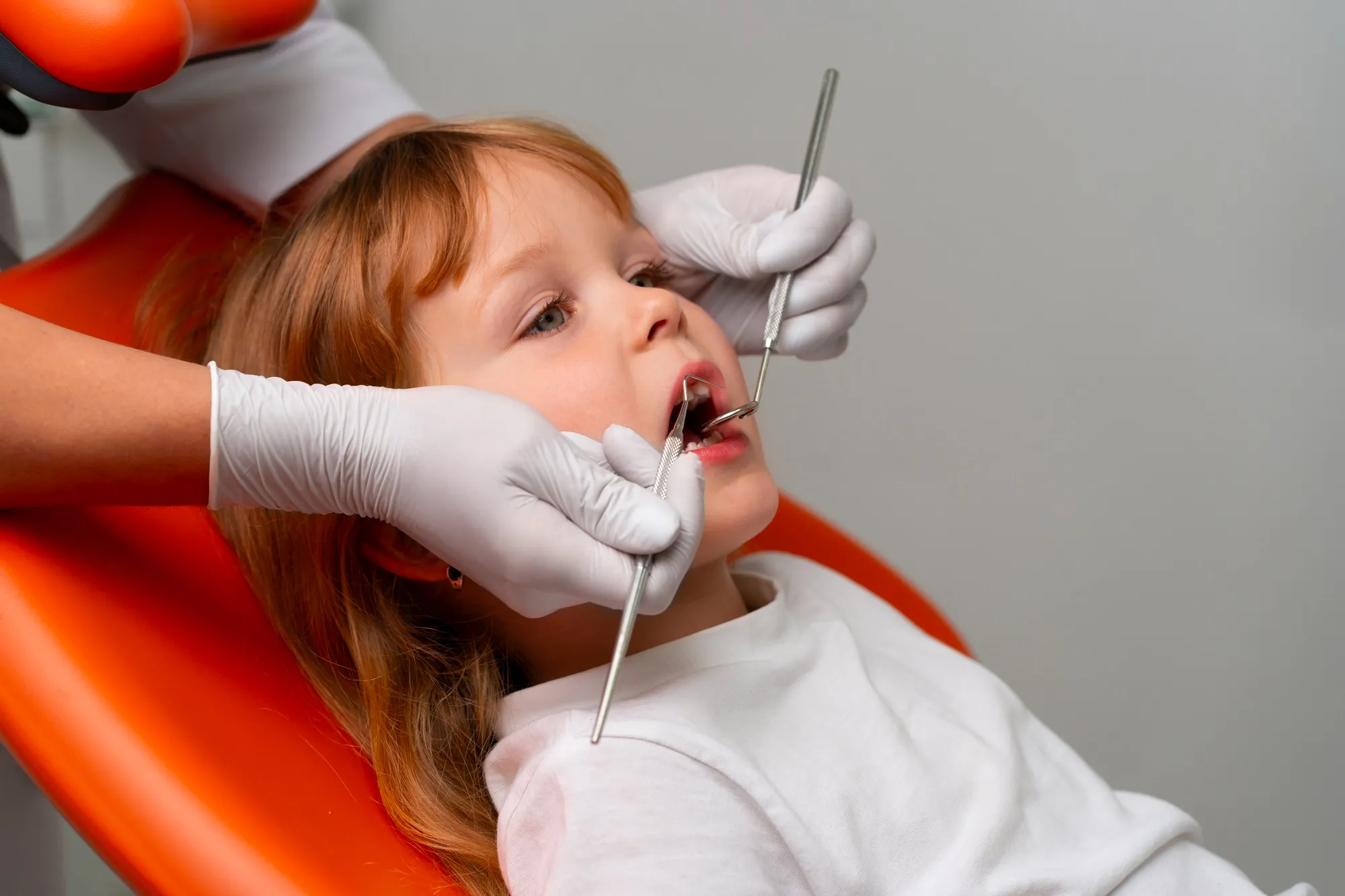As parents, observing your little one grow up is an exhilarating journey full of milestones and surprises. However, sometimes, things that may look like small things in your child’s mouth could affect your child’s feeding, speech, and dental development.
If you have been struggling to breastfeed your little one, or if their speech and teeth are not properly aligned, it may be time to ask about a frenectomy in South Miami.
Your little one’s comfort and oral health can be improved with this simple process.
What Is a Frenectomy?
A frenectomy is a small procedure that removes a small piece of tissue called a frenum or loosens it. The tissue that connects the lip, tongue, or cheek to the gum or floor of the mouth is called a frenum.
In some children, a tight or short frenum can cause:
- Difficulty breastfeeding or bottle-feeding
- Trouble sticking out the tongue fully
- Speech challenges
- Gaps between front teeth
If you deal with these issues early, then it can prevent a more severe oral issue.
Signs Your Child Might Need a Frenectomy
Parents should watch for a few key signs:
- Trouble with feeding in babies: Latching hurts or feeds slowly
- Having trouble sticking out or lifting the tongue is known as a tongue tie
- Can’t speak certain sounds: Speech delays or lisp
- Spaces between the front teeth, or a dental issue, is caused by the tight frenum pulling on the gum.
If you notice any of these signs, you may want your little one to consult a pediatric dentist in South Miami.
What to Expect During the Procedure
A frenectomy is quick and minimally invasive. Most kids cope fine with local pain relief or numbing cream.
Laser frenectomies are available for older children, and they reduce bleeding as well as speed up recovery time.
The pediatric dentist near you will describe the correct method for your child.
Post Surgery Care for Kids
After a frenectomy, proper care is key to smooth healing:
- A dentist may recommend over-the-counter pain killers for pain relief.
- Improve the reattachment with the tongue or lip stretching exercise.
- Choose soft foods for the first day or two. Try to stick to those that are easy to chew.
- Make sure that the area stays clean to prevent infection.
When you follow the guidelines, your child will recover soon.
Long-Term Benefits of a Frenectomy
A frenectomy can have lasting effects on your child’s oral development, beyond immediate relief.
- Better feeding and comfort for infants
- Improved speech development
- Easier oral hygiene and reduced risk of dental issues
- Improved tongue movement for better eating and talking ability
Get your child the proper intervention early with a dentist near you so that the treatment will not be much more invasive. This will make your child’s life easy as well as the life of the parent.
Questions Parents Often Ask
Some parents wonder if their child really needs a frenectomy or if it is just something small.
Knowing what to expect can ease worries.
- How long does the procedure take? Usually just a few minutes
- Will it affect my child’s daily activities? Minimal disruption; most kids return to normal quickly
- How soon will we see improvement? After a few days, most children notice better movement of the tongue and better comfort
Helping Your Child Thrive
Do not hesitate if they show signs like feeding difficulty, tongue tie speech issues. A simple lip tie or tongue tie surgery can help improve your child’s oral health in South Miami.
Book a consultation today with Dr. Bob Pediatric Dentist to discuss the best options and to receive personalized advice for your child .
Visit us today! Get directions to Dr. Bob Pediatric Dentistry in South Miami.
FAQs
Is a frenectomy painful for kids?
Most kids don’t notice much discomfort with the use of numbing and gentler techniques.
Will my child need braces later if they have a frenectomy?
It is not always necessary to have a laser frenectomy or frenectomy but early correction of the frenum can lower the chances of developing gaps or misalignment.
At what age is a frenectomy recommended?
Although it can be performed at any age, early intervention typically aids with feeding and speech.






